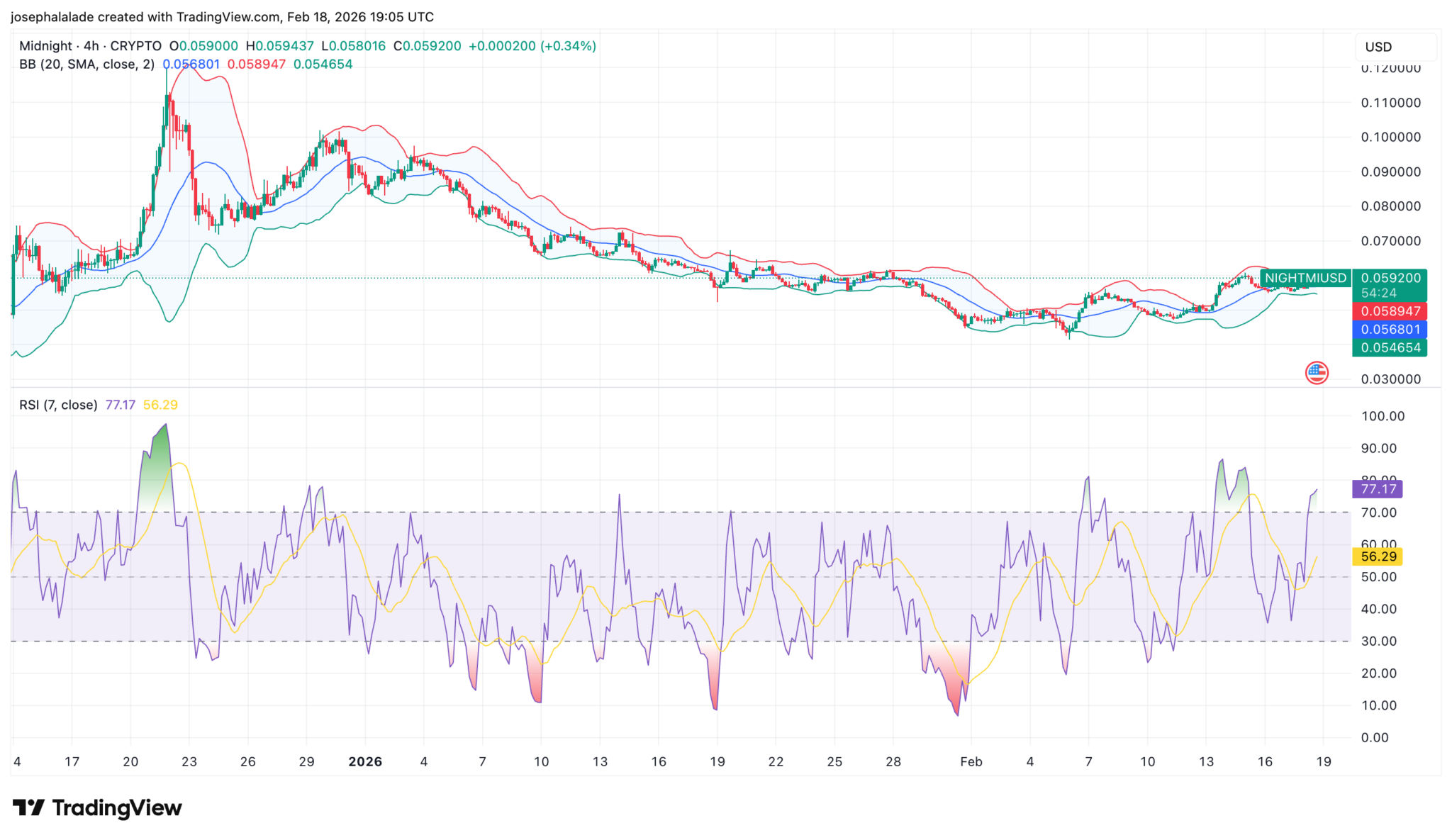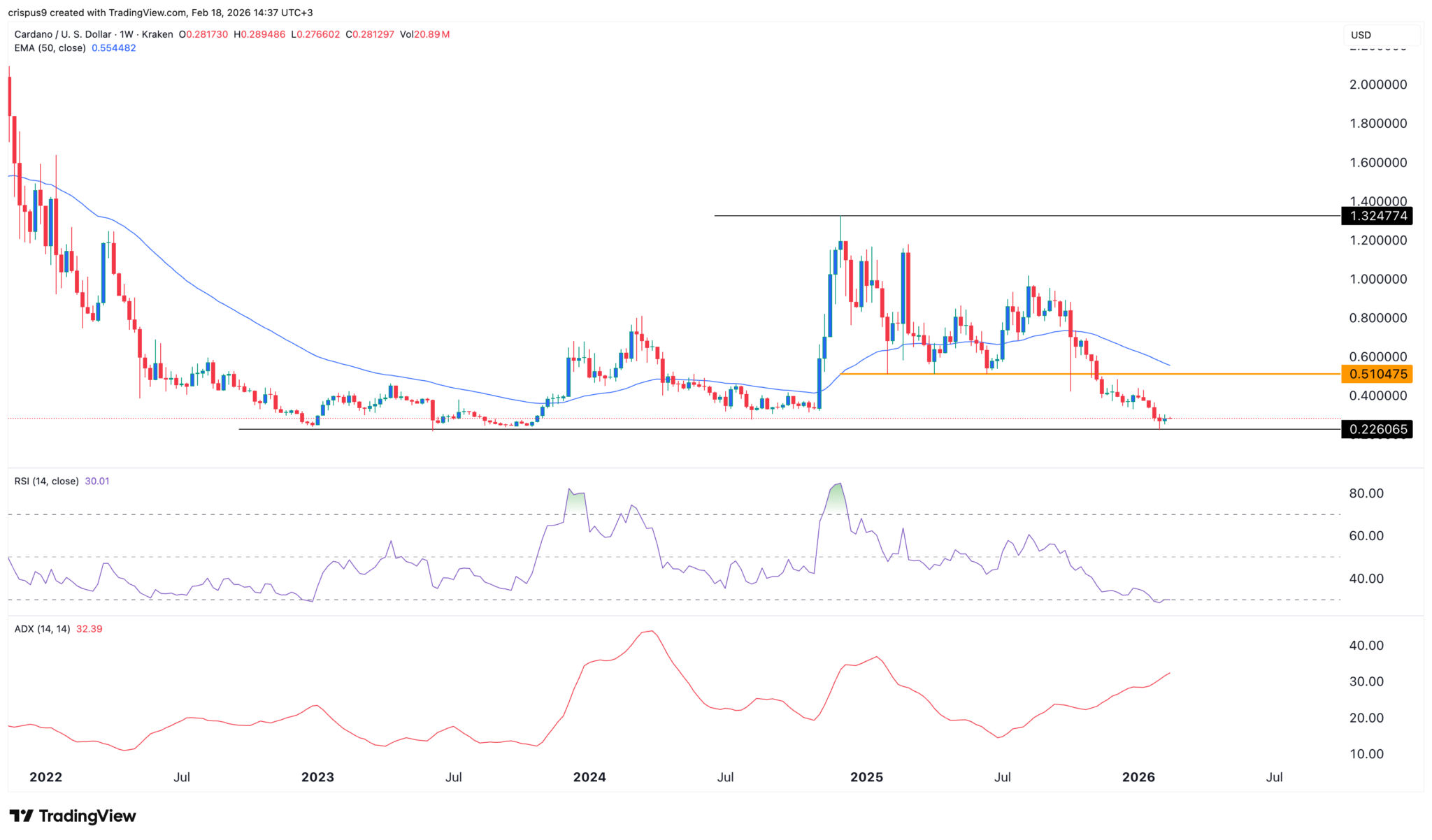Cardano Critical Integrations Budget Proposal Sets Stage for 2026 Overhaul - Blockonomi
TLDR: TLDR:Cardano Critical Integrations Budget Targets Core InfrastructureStablecoins, Custody, Analytics, Bridges, and Oracles in Focus The Cardano Critical Integrations Budget seeks ₳70M to fund...

TLDR:
- The Cardano Critical Integrations Budget seeks ₳70M to fund stablecoins, custody, analytics, bridges, and oracles.
- The proposal reflects joint coordination from the Cardano Pentad after months of partner negotiations.
- Intersect positions the integrations as essential for liquidity, institutional use, and broader economic activity.
- The budget gives DReps and Constitutional Committee members the final authority on approval.
Cardano’s core entities have introduced a ₳70 million Critical Integrations Budget to bolster essential infrastructure ahead of 2026. The proposal landed on-chain for community review after recent coordination efforts highlighted system-wide gaps.
It outlines a joint plan from the Cardano Pentad to accelerate missing components needed for liquidity and institutional adoption. It also creates a shared framework to bring advanced integrations into the network next year.
Cardano Critical Integrations Budget Targets Core Infrastructure
The new proposal focuses on tier-one components that major ecosystems treat as standard utilities. Intersect described the plan on X as a coordinated push to secure stablecoin infrastructure, cross-chain connectivity, institutional custody, and advanced analytics.
Moreover, the group emphasized that the absence of these layers continues to restrict ecosystem growth. The budget seeks to correct these structural limits by funding integrations through a unified strategy.
The coalition behind the plan includes Input Output, EMURGO, the Cardano Foundation, Intersect, and the Midnight Foundation. Their collaboration follows several months of negotiations with potential integration partners.
Intersect noted that these discussions are now mature enough to put the funding request before Delegated Representatives and Constitutional Committee members. The framework gives Intersect the administrative role, backed by its member-led governance structure.
According to Intersect’s announcement, the proposal also arrives shortly after a mainnet incident that reinforced the value of tight coordination across entities.
The team pointed to this moment as evidence that shared infrastructure efforts strengthen Cardano’s operational resilience. The budget aims to keep that momentum as the network prepares for 2026. It ties infrastructure needs directly to expanded DeFi activity, RWA development, and liquidity access.
Stablecoins, Custody, Analytics, Bridges, and Oracles in Focus
The plan’s five pillars each address long-standing gaps. Stablecoin infrastructure sits at the top, with Cardano still lacking tier-one options used across DeFi.
Custody and institutional wallets form the second pillar, expected to support large-scale participants once deployed. Intersect explained that these layers require coordinated onboarding rather than isolated development.
On-chain analytics form the third key component.
The proposal states that real-time transparency tools are essential for compliance teams and institutional risk management. The fourth pillar, cross-chain bridges, aims to create secure routes for external liquidity to enter the network. Intersect described this as critical for boosting economic activity.
The final pillar focuses on globally recognized pricing oracles.
These feeds underpin stablecoins, RWAs, and advanced DeFi mechanics. Intersect emphasized that institutional-grade oracles are foundational for the next growth cycle. This set of integrations is intended to work together as a launchpad for Cardano’s 2026 ambitions.
Delegate Your Voting Power to FEED DRep in Cardano Governance.
DRep ID: drep12ukt4ctzmtf6l5rj76cddgf3dvuy0lfz7uky08jfvgr9ugaapz4 | We are driven to register as a DRep by our deep dedication to the Cardano ecosystem and our aspiration to take an active role in its development, ensuring that its progress stays true to the principles of decentralization, security, and community empowerment.DELEGATE VOTING POWER!







